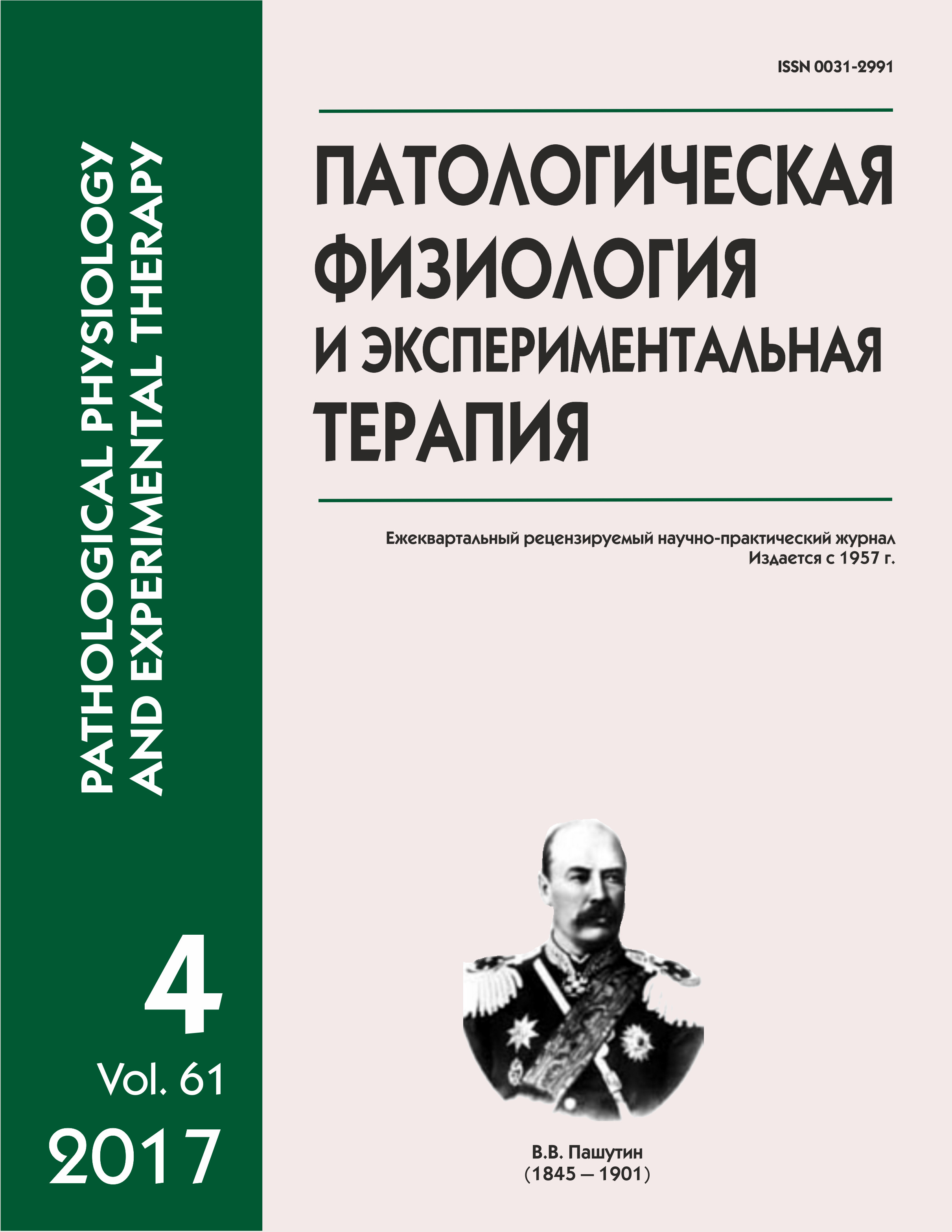Программирование противоопухолевого иммунного ответа in vitro и его использование для остановки пролиферации опухолевых клеток и увеличения продолжительности жизни мышей с карциномой in vivo
DOI:
https://doi.org/10.25557/IGPP.2017.4.8525Ключевые слова:
макрофаги, лимфоциты, карцинома, репрограммирование, иммуный ответ.Аннотация
Цель — представить доказательства правомерности гипотезы, что комбинированный пул репрограммированных in vitro макрофагов и лимфоцитов будет эффективно ограничивать пролиферацию опухолевых клеток in vitro, а при введении в организм будет существенно ограничивать развитие опухоли in vivo. Методика. Размножение опухолевых клеток инициировали in vitro путем добавления клеток карциномы Эрлиха (КЭ) в среду культивирования RPMI-1640. Развитие асцитной опухоли in vivo воспроизводили путем внутрибрюшной инъекции клеток КЭ мышам. Результаты. Установлено, что M3-STAT3/6-SMAD3 макрофаги вместе с антиген-репрограммированными лимфоцитами оказывают выраженный противоопухолевый эффект и in vitro, и in vivo, который был существеннее противоопухолевого эффекта цисплатина. Заключение. Факты, свидетельствующие, что М3 макрофаги в сочетании с in vitro антиген-репрограммированными лимфоцитами значительно подавляют рост опухоли in vivo, делают перспективным разработку клинической версии биотехнологии ограничения роста опухоли путем предварительного программирования противоопухолевого иммунного ответа «в пробирке».Загрузки
Опубликован
18-12-2017
Выпуск
Раздел
Оригинальные исследования
Как цитировать
[1]
2017. Программирование противоопухолевого иммунного ответа in vitro и его использование для остановки пролиферации опухолевых клеток и увеличения продолжительности жизни мышей с карциномой in vivo. Патологическая физиология и экспериментальная терапия. 61, 4 (Dec. 2017), 67–73. DOI:https://doi.org/10.25557/IGPP.2017.4.8525.



